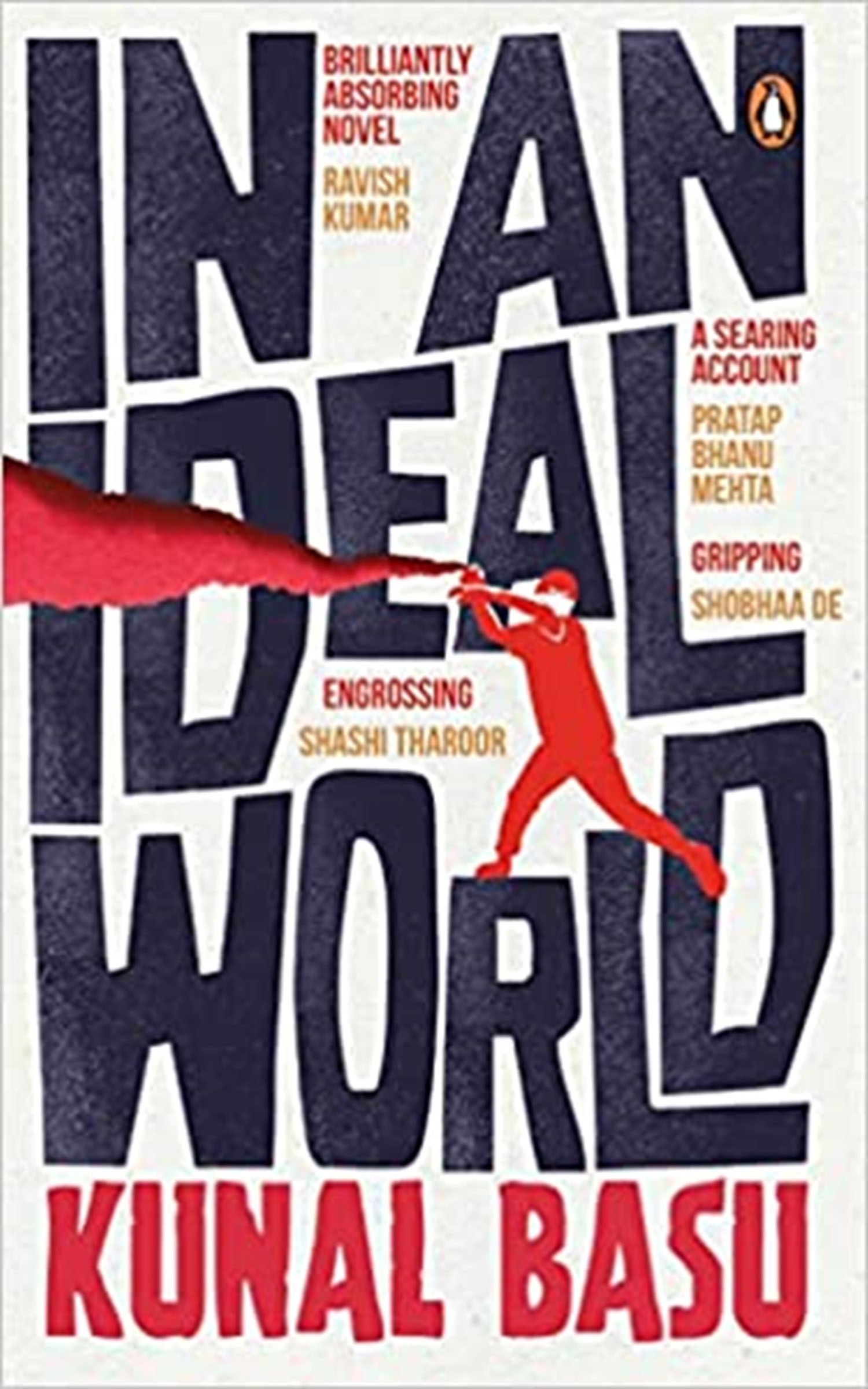To finish reading a near 200-page novel in half a day is possible either because it’s been a gripping page-turner that the reader excitedly raced through, or else because it offered little for her to pause, think, to uncomplicate. Kunal Basu’s In an Ideal World is disappointingly the latter.
In an Ideal World takes from the tragic, and as yet unsolved disappearance of the JNU student, Najeeb Ahmed, from campus in 2016—after a reported altercation with Right Wing students of the ABVP. For months following his abrupt disappearance, hashtags of #WhereIsNajeeb had garnered media interest, and protests had raged across university campuses. But as the Right consolidated power countrywide, and stepped up its attacks on dissenting publics, the relegation of Najeeb’s disappearance to a cold case seemed inevitable. Perhaps, it is here that Basu’s novel performs a yeoman service—resurrecting the case for potential re-engagements through its fictionalized account of incidents surrounding the attack on Najeeb. But this is also what delimits it—and in this it proves to be no Marquezian reconstruction, where the recall and recounting of events function slyly as evasions, allowing the narrative to resist easy knowability. Neither gritty, nor raw, Basu’s artless storytelling in no way exceeds the event. Tom Sutcliffe, Booker judge, had wryly rebuked a particular entry in 2016, saying, ‘politics in a book can often be found between the lines, rather than on them’, and this is also true of In an Ideal World’s straight up relaying of its political views. While it cannot be dismissed as being crude propaganda or strident didactic fiction, its artistic execution offers little to stimulate the reader’s imagination. The pleasures of reading a complexly crafted story, compellingly told are never quite felt here.

